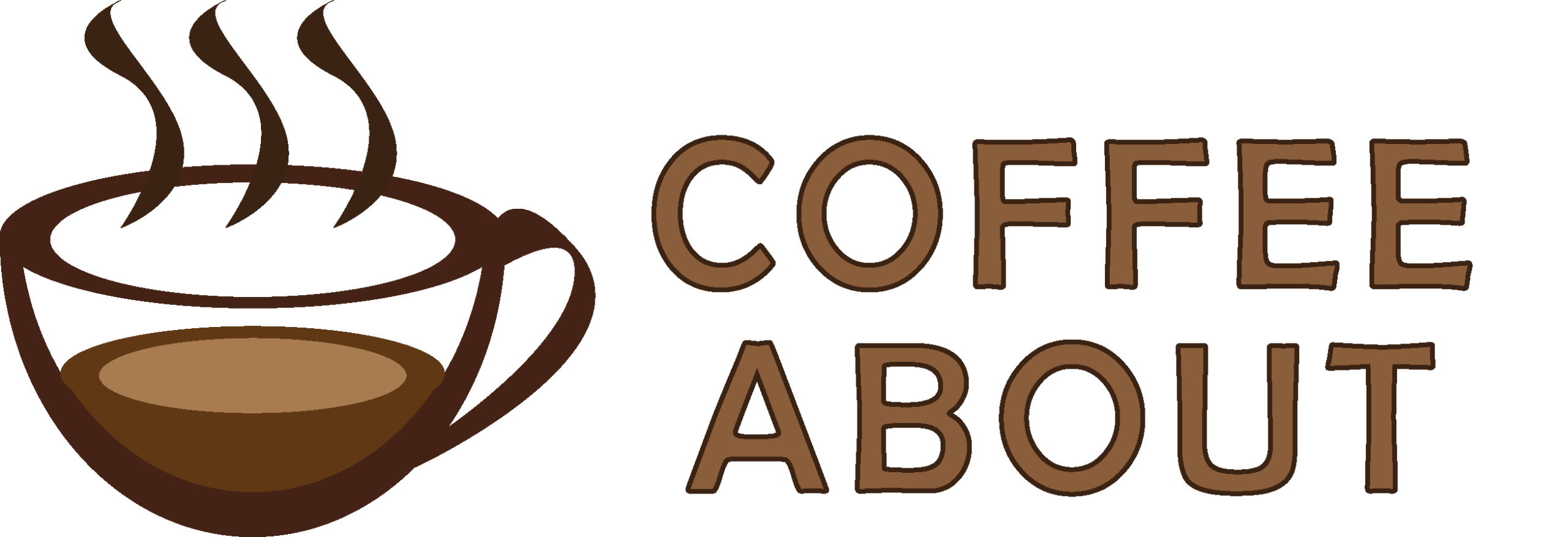A French press and Pour Over both qualify as “Manual Brewers” and an excellent options for brewing coffee at home.
Unlike automatic coffee makers, these manual devices allow you to control all aspects of the brewing process, including the grind size, water temperature, steeping time, filtration, and the coffee-water ratio.
The main difference is that French Press uses a full immersion brewing method, in which coarse grounds are steeped in water for about 4 minutes, whereas a pour-over uses a percolation or infusion brewing method, in which water is passed through medium coffee grounds under gravity.
This guide compares French Press vs Pour Over and discusses their pros and cons, taste profiles, ease of use, and cost so that you can easily make an informed decision.
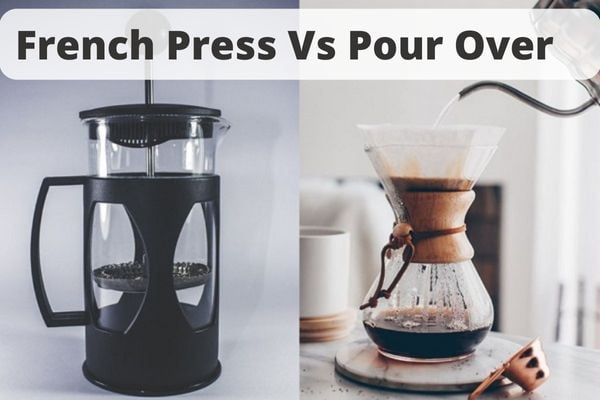
An Overview of French Press
The French press is an immersion coffee brewing method that involves soaking coarsely ground beans in hot water and pressing the coffee through a metal filter to make a full-bodied and flavorful drink.
French Press is a really simple device that consists of Three Parts.
- Carafe – made of borosilicate glass, plastic, or stainless steel with glass being the most popular material
- Plunger – Separates the coffee grounds from water by forcing the grounds to the bottom.
- Filters – It consists of a spiral plate and mesh screen that filter out the coffee residues from the brewed coffee.
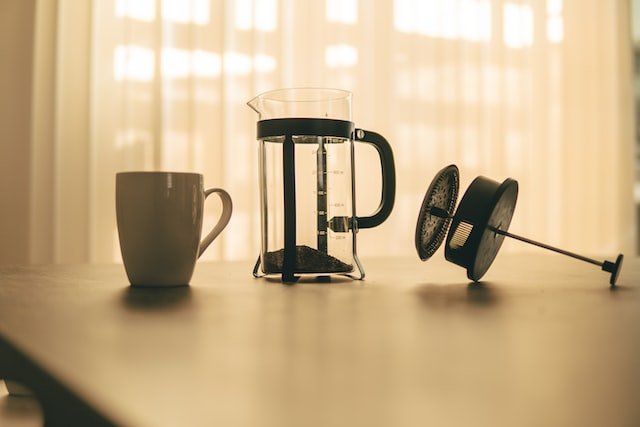
Pros of French Press Over Pour over
- Using a French Press means you need no paper filters, so you get a rich and full-bodied drink that contains lots of coffee oils and flavors.
- The French Press is easy to master – it makes coffee effortlessly
- A Versatile option- you can use French Press for a cold brew, iced coffee, and teas as well.
- You can customize every aspect of the brewing process i-e steeping time, grind size, water temperature, etc. to prepare a drink you want.
- French press coffee makers come in a variety of sizes, allowing you to make larger batches of coffee than pour-over methods typically allow.
Cons of French Press
- Some fine coffee grounds can end up in your cup and make your French Press coffee muddy. Some people enjoy the richness of the resulting coffee, but others find the sediment to be undesirable.
- It is a little harder to clean a French Press than a pour-over coffee maker due to metal screens being more prone to clogging.
- French Press is a less healthy method compared to Pour over. However, there is no harm if you drink French press coffee in moderation.
An Overview of Pour over coffee
“Pour Over” is a method of brewing coffee by percolating. It’s also known as “filter coffee” or “manual drip coffee”. The brewing process involves pouring hot water over ground coffee, which is then pushed downward by gravity in a cup or pot in about three to four minutes.
Paper filters absorb essential oils and coffee residue resulting in a brew that is clean and bright with a mellow flavor.
A Pour Over coffee maker consists of “three parts ”.
- Cone Brewer: The cone-shaped brewer is usually made of ceramic, glass, or plastic and has a small hole at the bottom through which the coffee drips.
- Paper filter: A filter is placed inside the brewer to hold the coffee grounds. It can be made of paper or cloth and is available in a variety of sizes and shapes.
- The brewing pot: The pot collects the brewed coffee as it drips through the filter. It is usually made of glass and comes in different sizes.
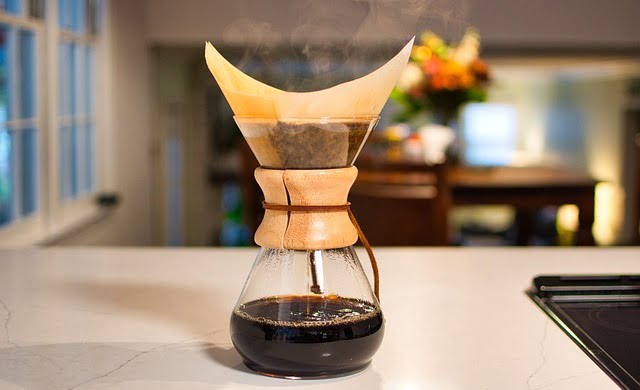
Read a Guide on How to Make Pour Over Coffee
Pros of Pour over Over French Press
- Pour over results in a Mellow and clean taste. If you are someone who prefers a grit-free smooth cup of coffee Pour Over is best for you.
- Pour-over coffee makers are relatively easier to clean than French Press. Dispose of the paper filter, rinser the pot with water and you are done.
- It’s a relatively healthier choice as all the harmful compounds get filtered by paper filters.
Disadvantages of Pour over
- It can’t brew coffee in large batches – only 1-3 cups of coffee at a time
- Not for strong coffee lovers.
- You have to buy new paper filters every time.
French Press vs Pour Over (A Showdown)
Here is a Showdown of differences between French Press and Pour Over so you can make an informed decision.
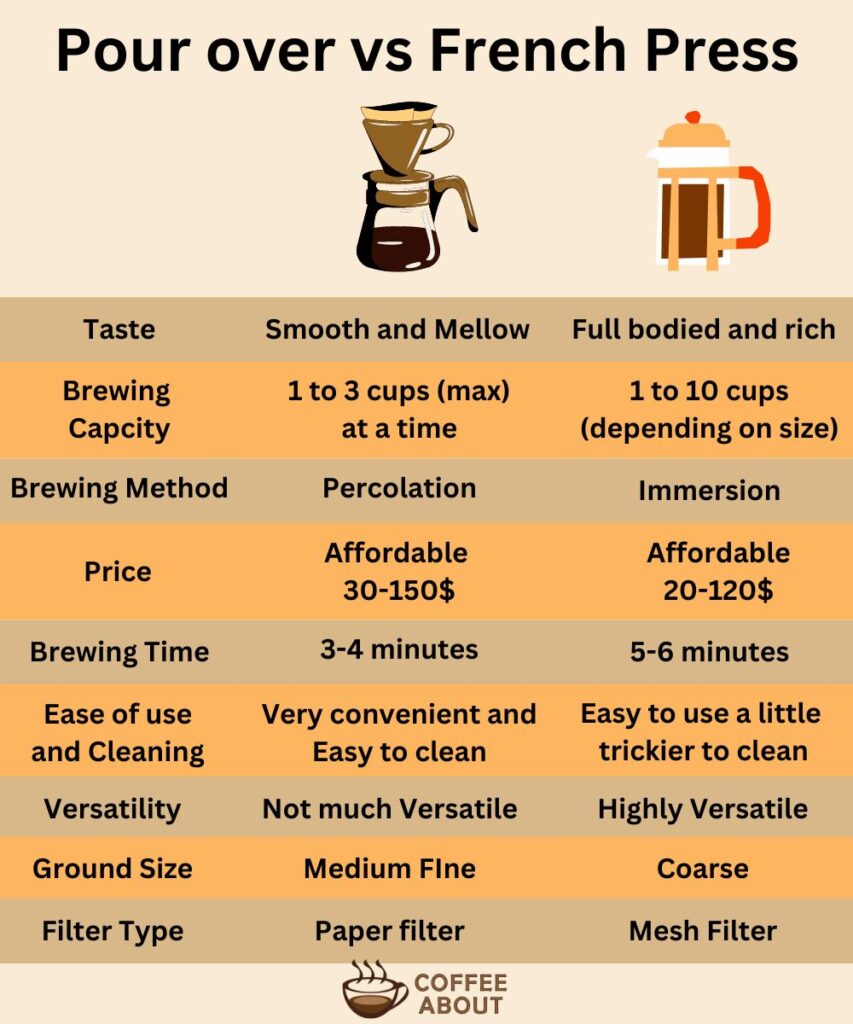
1) The Taste and the Flavor profile
There a significant differences in the taste of French Press and Pour Over. French Press makes a stronger cup of coffee with a gritty texture while Pour over makes a mellow cup of coffee with a clean texture.
The Flavor profiles of Pour over coffee can be described as:
- Lighter flavor
- Clean and free of sediments
- Compliment the distinct flavors of coffee
- Less acidic and Mellow taste
The Flavor profile of French Press coffee can be described as:
- Thick and Full-bodied
- Full of Aromatic compounds
- Muddy texture
Both of these brewing methods can brew exceptional coffee. The French Press is the way to go if you want strong coffee with a rich mouthfeel, while the pour-over is the way to go if you want a smooth and clean cup of coffee.
I personally prefer French Press when brewing darker roasts and Pour Over when brewing single origin as it really highlights the distinct flavors of different terroirs.
2) Ease of use and Cleaning
Both French Press and Pour over coffee makers and manual devices and do require some work to brew a cup of coffee.
Both involve learning curves as everything needs to be controlled by you, from grinding the ideal size of coffee beans, choosing the right water-coffee ratio, and regulating the speed of pouring water and the time to brew.
Pour-over coffee makers are easy to clean. Simply dispose of the paper filter and wash it with warm soapy water.
Cleaning a French press is also not too much complicated. Sometimes, however, the metal screen becomes clogged with coffee grounds, and you have to completely disassemble it for cleaning.
Overall, both French Press and Pour Over are the same in terms of convenience and ease of use. However, it’s a little trickier to clean a French Press than Pour Over.
3) Time to Brew and Capacity
The exact brewing time for both the French Press and Pour-over can vary depending on the specific brewing method, the grind size, and the desired coffee strength.
Generally, French Press coffee is steeped for 4-5 minutes. Adding the amount for heating the water and grinding the coffee beans. It takes roughly 10 minutes from bean to brew.
Pour over coffee takes about 2 to 3 minutes to prepare. This includes 30 seconds of blooming followed by 1.5 to 2.5 minutes of steeping and drawing down. So you can say it is a little faster than the French Press.
But you can only brew 1 or 3 cups of coffee in a Pour over coffee maker at a time. In French Press, on the other hand, you can brew up to 8 big cups at a time (depending on the size you choose).
So you can say French Press is a party coffee maker perfect for large gatherings.
4) Versatility
While French Press is known for making a rich and flavorful cup of coffee its versatility extends beyond just brewing coffee.
It can also be used to prepare teas, Cold brew coffee, Iced Coffee, and even frothing milk.
The versatility of Pour Over coffee is in its ability to highlight the nuanced flavors of different coffee beans. It is an excellent choice for single-origin coffees and appreciating the subtleties of flavor profiles.
5) The Grind size
French press requires a very coarse, chunky grind. This allows the coffee grounds to steep while the mesh filter traps the larger particles. A fine grind would result in over-extraction and sediment in the cup.
Meanwhile, pour-over uses a fine or medium grind that allows for proper extraction as the water passes through the filter cone rapidly. A coarse grind would lead to weak, under-extracted coffee.
6) The Price Factor
Both French press and pour-over are very affordable coffee makers. However, the price varies depending on the specific brand, model, and features.
French Press devices are simple and cost a little less than Pour over (not a big difference though!)
In general, a good-quality French press costs between $20 and $40. Some ceramic and metal French presses can cost up to $100.
A decent pour-over coffee maker costs between $30 and $50. You can find pour-over coffee makers for as low as $20 and as high as hundreds of dollars.
7) Which is more healthy
Drinking coffee has many health benefits and Pour Over Coffee is generally considered healthier compared to French Press as it is properly filtered.
Devon Peart, RD, MHsc says:
“There aren’t a lot of downsides to drinking moderate amounts of coffee — and in fact, it can have positive effects on your health”
One of the major differences between the French Press and Pour-over methods is the type of filter used.
Research has shown that coffee oils contain cafestol which is considered the most influential compound for increasing cholesterol levels. And these oils are not filtered by the metal strainer of the French Press.
In terms of healthier choice, a pour-over is more healthy than a French press. However, French Press also is not that bad for health if you consume it in moderation.
8) Caffeine Content
The amount of caffeine in French Press and Pour Over is nearly the same. On average, a standard 8 oz cup of French press or Pour Over coffee can contain around 90-150 mg of caffeine.
The caffeine content mainly depends on other factors instead of the brewing method such as the type of beans, brewing time, and the coffee-to-water ratio used.
Read a guide on 14 Coffee Brewing Methods
So, What is better a French press or pour over?
I hope that this detailed comparison of the French Press vs Pour Over has given you a better understanding of both brewing methods.
There is no one “best” brewing method between the French press and pour-over, as it only depends on personal preference and what qualities you are looking for in your coffee.
French Press is better if you want a rich and full-bodied cup of coffee with a very thick texture. It is also a very versatile device and allows you to brew in large portions
Pour Over is better if you enjoy a clean and bright cup of coffee. Always use Pour Over to brew expensive and exclusive single-origin beans as only the pour-over method can really highlight the nuanced flavors of those beans.
So What do you like more, French Press or Pour Over? Do let us know in the comments!
You might like to Read Other French Press Comparisons
